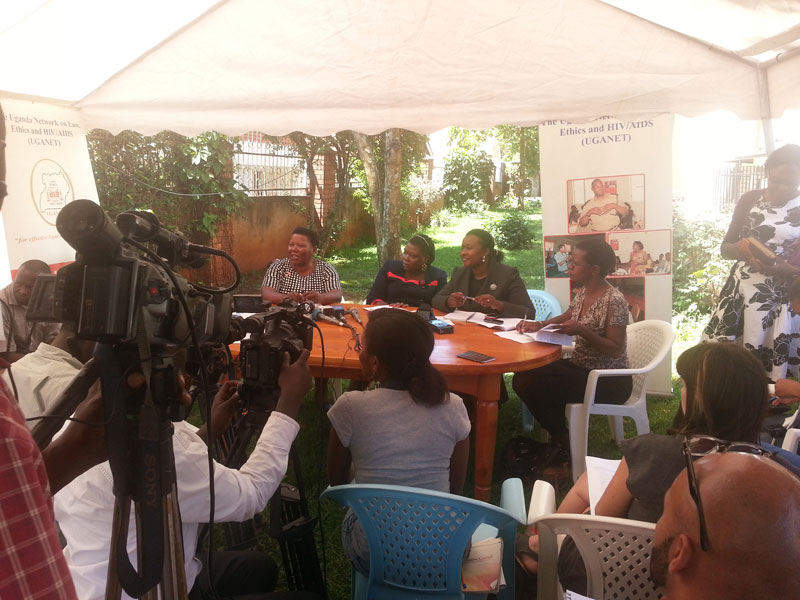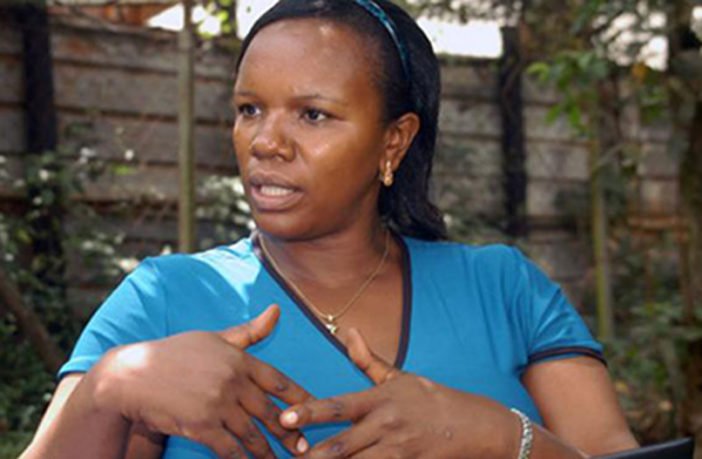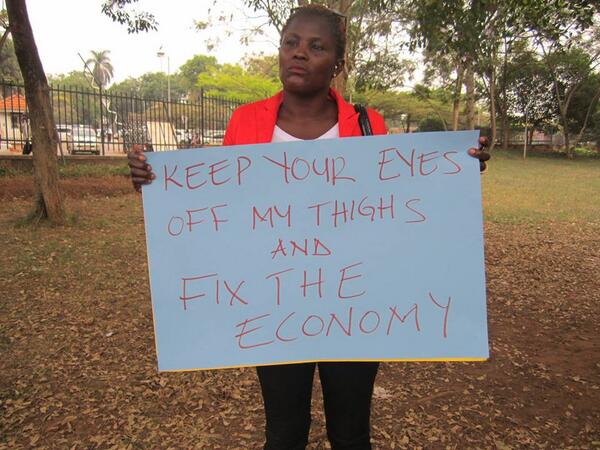
Susan Kigula and Pascal Nakuru graduate
With 42,000 prisoners and an official capacity of 16,000, Ugandan prisons are the most congested in East Africa and the 9th most overcrowded in the world, according to the International Centre for Prison Studies. These prisons are not only severely over-capacitated, but also have poor infrastructure and sanitation. Inmates are often denied a mattress or bedding, running water, electricity, adequate meals, and health care. As of last week, 40 prisons in Uganda still use the “bucket system,” which requires inmates to relieve themselves in a bucket during the night. The combination of stagnant urine and fecal matter in an overcrowded cell causes unhygienic conditions and a breeding ground for disease.
Many blame the country’s inefficient criminal justice system that fails to process cases in a timely manner, causing a severe backlog of cases. According to Human Rights Watch, “It’s clear that overcrowding and pretrial detention are interlinked.” In Uganda, 55% of inmates are on remand, meaning they are arrested and detained without having a trial. Many have never been convicted of an offense or sentenced to serve prison time. Some wait years or even decades in custody for their cases to be heard in court.
Uganda’s former Chief Justice Benjamin Odoki stated, “There is no doubt that [the case backlog] violates the right to a fair and timely trial, especially for the poor and marginalized, who spend their hard-earned resources [on legal support] only to be told that their cases cannot be heard.” More than 90% of prisoners have no legal representation and must defend themselves, despite the fact that the Ugandan constitution guarantees every citizen the right to a state attorney.
Yet, Susan Kigula and two other inmates at Luzira Maximum security prison in Kampala are now qualified to help their fellow prisoners navigate the Ugandan legal system. The three inmates were the first ever in the country to earn a Diploma in Common Law from the University of London while incarcerated, studying through a correspondence course supported by the African Prisons Project. Kigula intends to use her degree to provide legal counseling and assistance to her peers.
A survey of Ugandans found that only 0.3% were aware that they had the right to a fair and speedy trial. While Kigula and her fellow graduates now possess the knowledge to raise awareness about basic human rights in prison, more needs to be done. Today, there are 23,000 people held in pre-trial detention in Uganda’s prisons. They cannot demand a timely trial or a state attorney if they do not know that they deserve one.
(Photo Credit: KonnectAfrica)









